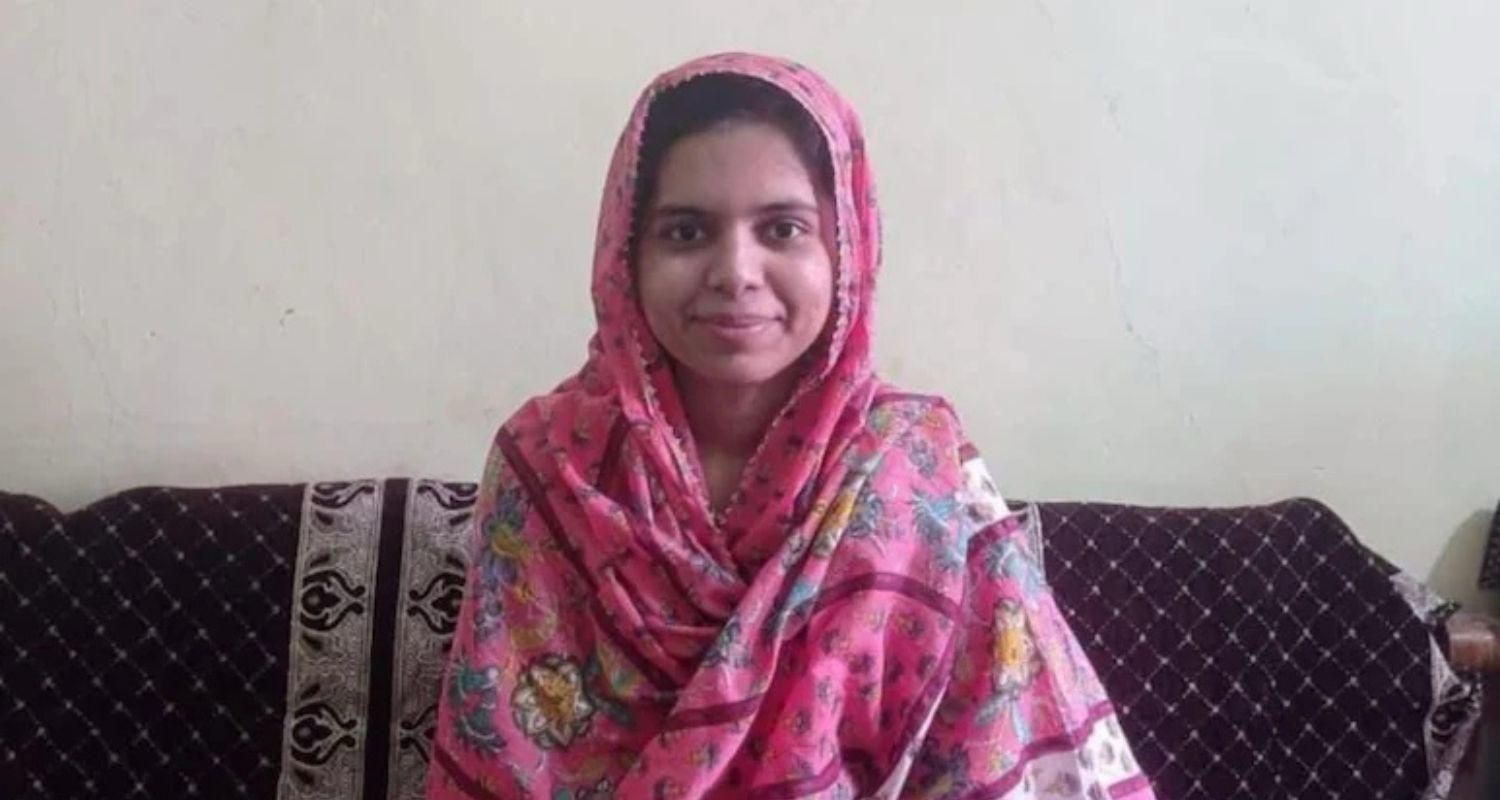 Image Source: Youtube
Image Source: Youtube
If you’re feeling the pressure of supporting both ageing parents and growing children, you’re not alone. India’s “sandwich generation”-those squeezed between the dual responsibilities of caring for elderly parents and raising kids-faces unique financial and emotional challenges. With rising living costs, expensive healthcare, and the constant tug-of-war between present needs and future security, it’s easy to feel like your savings are never enough. But with the proper planning, you can take back control and create a safer future for all those you care about.
1. Create Clear Financial Goals and Family Priorities
Step one is to determine what's most important. Write down your family's absolute needs-anything from medical care for parents to education for children to your own retirement-and prioritize them based on importance. Building a savings-first budget, whereby you set money aside for such priorities before non-essential ones, can make you avoid pointless spending and cumulatively save a safety net. Financial analysts advise that such discussions be taken by the entire family so everyone is aware and expectations are met, minimizing tensions and surprises later on.
2. Diversify and Automate Your Savings
Don't wait until month's end to save what's left over-make saving an indispensable part of your financial habit. Set up automatic transfers to separate savings accounts and retirement plans. Experiment with a combination of financial products, ranging from mutual funds and stocks to fixed deposits and insurance policies, to manage risk and reward. Most in the sandwich generation discover that monthly savings, particularly in products with market-oriented returns, allow them to steadily build up money for high-cost objectives such as children's education or medical crises among parents.
3. Increase Income Streams and Leverage Tax Savings
With so many pulls on your pocketbook, ways to increase income are important. Look into side businesses, rental properties, or freelance work to augment your base salary. Meanwhile, don't leave money on the table-take maximum benefit of tax credits and deductions for caregiving, children's education, and medical care. For instance, the Child Tax Credit, Dependent Care Credit, and deductions for caring for elderly parents can reduce your tax burden and release more money for savings.
4. Insure Your Family and Plan for Emergencies
Sudden events like illness, losing your job, or accidents can easily ruin the best-laid plans. Make sure you and your children and parents have a good health and life insurance coverage. Investigate senior citizen health plans and annuities for your parents so that they have a guaranteed income and medical protection. Review your insurance policies regularly and revise them as the needs of your family change. It is equally crucial to have an adequately funded emergency fund; save at least six months' living costs to mitigate unforeseen shocks.
5. Continue Reviewing, Adjusting, and Communicating
Life as a sandwich generation is fluid-your parents' health can change, your children's needs will change, and your own career will take some surprises. Get into the habit of checking your financial plan every quarter, at least. As things change, shift your investments, savings, and expenses. Frequent open discussion with your spouse, children, and parents about money keeps everyone aligned and prevents misunderstandings or feelings of guilt over spending.
The Financial Burden-and the Way Ahead
Surveys recently conducted show that more than 60% of India's sandwich generation never feel that their investments are sufficient, and over half fear that they will outlive their money. Guilt-trapped, many of them hesitate to splurge on themselves or go on family holidays, while they push resources to the brink to provide a decent lifestyle. The perpetual juggling act can result in burnout and stress, so it is all the more necessary to establish boundaries, seek support, and take care of oneself in addition to financial planning.
Don't forget, you don't have to go it alone. Meet with a qualified financial advisor to guide you in creating a plan that satisfies short-term obligations while ensuring long-term security. By taking charge-taking control of priorities, saving automatically, maximizing income, securing your family, and remaining adaptable-you can endure, and even prosper, in the sandwich life.
Sources: India Today, Edelweiss Life, Moneycontrol, Mercer Advisors, Kiplinger, Midland National
Advertisement
Advertisement




